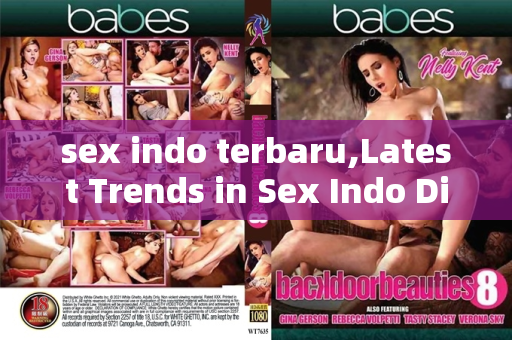
Jessica Nigri, a well-known figure in the cosplay community, has garnered significant attention for her portrayal of various characters from pop culture. Among her most discussed roles is that of Velma Dinkley from the beloved animated series "Scooby-Doo." In various forum threads, fans and critics alike have exchanged ideas, critiques, and praises regarding Jessica's interpretation of this iconic character. The discussions highlight not only her craftsmanship as a cosplayer but also the broader implications of modern cosplay culture.
One of the first points of discussion in these forums is Jessica's meticulous attention to detail in her Velma costume. Fans often note her ability to capture the essence of the character while adding a unique twist. This delicate balance of authenticity and personal flair is often praised as a key element of what makes her cosplay stand out. Forum users frequently post side-by-side comparisons of Jessica's Velma with traditional depictions from the series, emphasizing how she has managed to stay true to the character’s signature look while also modernizing it to fit contemporary aesthetics.
Another aspect that emerges in discussions is the reception of Jessica's portrayal in the context of cosplay as a whole. While many fans celebrate her creativity and skill, there are those who argue that her representation of Velma leans too heavily into the sexualization of the character. Some forum threads delve into the debate over whether this trend is beneficial or detrimental to the cosplay community. Advocates for Jessica argue that she empowers women by embracing their sexuality and confidence, while critics express concern that such portrayals may overshadow the character's intelligence and problem-solving skills, which are central to Velma’s identity.
The dialogue surrounding Jessica Nigri’s Velma also touches on the broader themes of representation in media. Forum participants often discuss how different interpretations of beloved characters can lead to new conversations about identity and diversity in fandoms. Jessica's approach has sparked a wider discussion on how characters like Velma can be reimagined without losing their core attributes. This has encouraged many cosplayers and fans to explore their interpretations and express their individuality, fostering a more inclusive environment within the cosplay community.
Moreover, Jessica's presence in the cosplay scene has made her a role model for aspiring cosplayers. Many forum threads feature young fans expressing their admiration for her work and sharing how her confidence inspires them to pursue their interests in cosplay. This aspect of her influence cannot be understated; her success encourages others to embrace their creativity and take risks with their costumes, leading to a flourishing of diverse representations within the community.
In conclusion, Jessica Nigri's portrayal of Velma Dinkley has ignited a multifaceted conversation in cosplay forums, touching on themes of authenticity, representation, and empowerment. While opinions may vary, what remains clear is her significant impact on the cosplay landscape. Whether praised for her craftsmanship or critiqued for the implications of her portrayal, Jessica continues to be a pivotal figure whose work challenges the norms and inspires a new generation of cosplayers. The discussions surrounding her Velma serve as a microcosm of the evolving dialogue within fandoms, reflecting broader societal shifts in how we view characters and the act of cosplaying itself.









